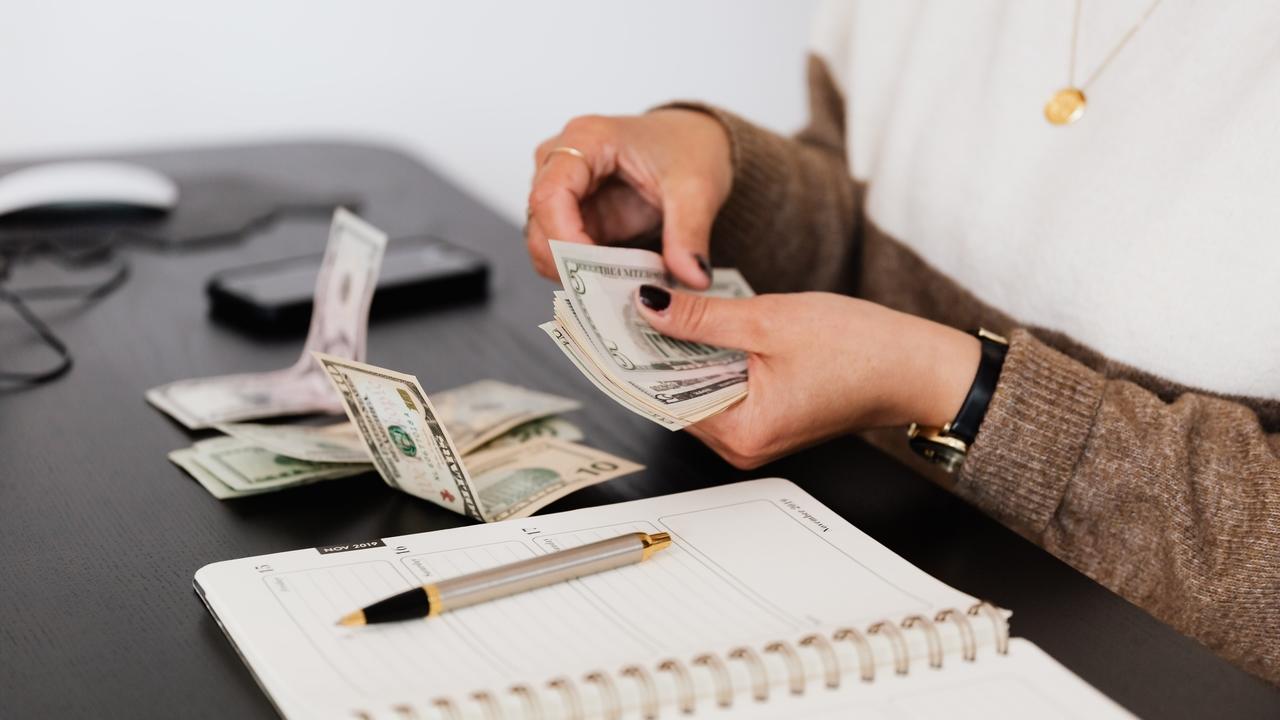A Guide To Realistic and Feasible Budgeting

When my husband and I first started budgeting, we were horrible at it. Our numbers were always unrealistic and impractical. We didn’t budget enough for groceries and there were numerous expenses that we forgot to account for. Going through Financial Peace University, Dave Ramsey that budgeting was a skill that took at least three months to even get the hang of. But even after 3 months had passed, we were still borrowing allotted money from other categories to fulfill expenses in unrelated areas, and the extra money that we wanted to use to pay off our debt was often lost to unexpected and forgotten expenses..
My mindset was that budgeting was just way too hard and I should give up. But I soon realized that I was being way too optimistic about my budgeting skills, and often overestimated my ability to be reasonable and objective.
I then realized that I needed to slowly and gradually practice my budgeting skills in order to strengthen them. I became realistic with my budgeting skills and used feasible and rational methods that could help me practice and build up my ability to budget wisely and effectively. Here are three ways to make a realistic budget:
1. Use realistic numbers.
I had watched others live off of $300 a month for groceries for a family of three which meant I could do it too. But how could I expect to live off of a $300 grocery budget when I was used to spending at least $1000?
We decided that instead of going cold turkey, we needed to slowly wean ourselves. So instead of cutting our grocery budget by $700 in one month, we slowly decreased it by $100 until we found a comfortable number that fit with our budget and our lifestyle. This now made sense in my head and I could adapt that same thinking to other areas in my budget.
2. Have a category for miscellaneous expenses
Another reason why my budget was always failing was because of unexpected expenses. Now, this is not to be confused with that unexpected pizza delivery expense or needing a new pair of shoes because it’s on sale. It is when your kid comes to you and says that they need money for an upcoming field trip or they have an upcoming payment due for band uniforms, which you forgot to budget for. But keeping a small amount like $100 in the miscellaneous category can help you from dipping into your emergency fund or throwing away the budget altogether.
3. Budget as a living document
A budget is a living document that will change month to month and depending on different seasons in life. One of the biggest mistakes why our budget was failing was because we failed to realize that we needed to work on our budget every single month because every month was different. I thought I could just do a budget once and it would be the same every month. But then I would remember that I needed to budget for things like Christmas, birthdays, anniversaries, school supplies, etc. Even though our fixed expenses remained the same every month, I needed to account for those special monthly expenses that happened only once a year or every few months.
There is no doubt about how necessary a budget is, especially in times of a pandemic where financial security and unexpected payments are never certain. But with time and practice, you can become a budget master and will never fear a budget again!



